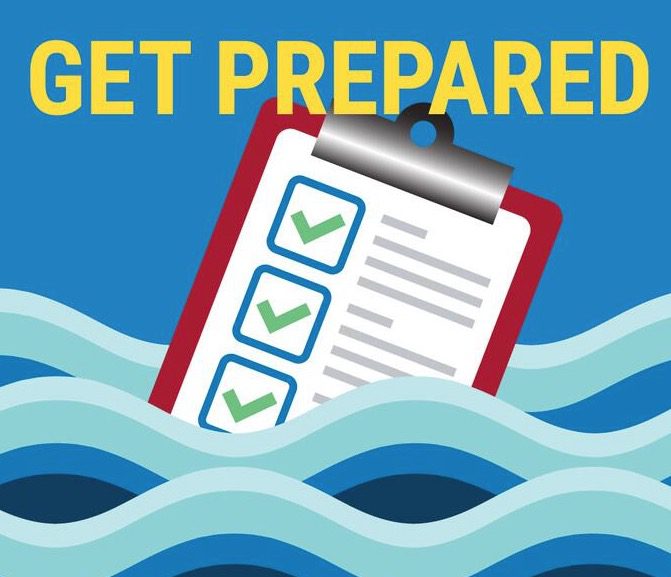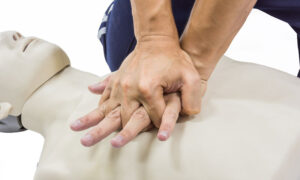Flagler FL
It Feels Like Home!
- Flagler News
- Florida News
- Latest News
-
2 incumbents, newcomer share priorities for Flagler Beach commission
Source: Flagler County News Published on 2026-02-28
-
Flagler County Sheriffs Office plans to increases their presence for Bike Week 2026
Source: Flagler County News Published on 2026-02-26
-
Flagler County teen arrested, accused of threatening to shoot classmates
Source: Flagler County News Published on 2026-02-24
-
Flagler County, city agree to conflict-resolution over Summertown
Source: Flagler County News Published on 2026-02-24
-
Flagler County, city agree to conflict-resolution over Summertown
Source: Flagler County News Published on 2026-02-24
-
Human remains found, believed to be Flagler woman missing for over 20 years
Source: Flagler County News Published on 2026-02-23
-
Flagler County sheriff to provide update on missing person cold case
Source: Flagler County News Published on 2026-02-23
-
Florida football 2026 roster breakdown for quarterback
Source: Florida News Published on 2026-02-27
-
FLORIDA PANTHERS NEWS
Source: Florida News Published on 2026-02-27
-
Is Florida football closing in on 5-star prospect Maxwell Hiller?
Source: Florida News Published on 2026-02-27
-
Florida Supreme Court blocks challenge to DeSantis’ redistricting push
Source: Florida News Published on 2026-02-27
-
Spring break 2026 is coming. Can you drink alcohol on Florida beaches?
Source: Florida News Published on 2026-02-26
-
Florida man arrested over alleged $328M crypto Ponzi scheme
Source: Florida News Published on 2026-02-26
-
Why is it so smoky in Florida? Massive National fire burns near I-75
Source: Florida News Published on 2026-02-26
-
Latest on Bills’ new Highmark Stadium vandalism including suspects
Source: Latest News Published on 2026-02-27
-
What is Trump’s approval rating? See latest polls in February 2026
Source: Latest News Published on 2026-02-27
-
The Latest: US-Iran Talks End in Geneva but ‘Will Resume Soon,’ Omani Minister Says
Source: Latest News Published on 2026-02-26
-
Artemis 2 rocket rollback latest news: NASA’s giant moon rocket departs launch pad for repair
Source: Latest News Published on 2026-02-25
-
Takeaways from Congress’ latest spending package
Source: Latest News Published on 2026-01-06
-
Latest Epstein document release includes multiple Trump mentions
Source: Latest News Published on 2026-01-04
-
The Latest
Source: Latest News Published on 2014-04-01
- Sports News
- Vehicle News
- Celebrity News
-
This N.J. school may lose sports forever, residents desperately fighting back. ‘This is gonna crush us.’
Source: Sports News Published on 2026-02-28
-
Thunder 127-121 Nuggets (Feb 27, 2026) Final Score – ESPN
Source: Sports News Published on 2026-02-28
-
Thunder 127-121 Nuggets (Feb 27, 2026) Final Score – ESPN
Source: Sports News Published on 2026-02-27
-
Big changes are here for High School Sports readers, see what’s new on NJ.com
Source: Sports News Published on 2026-02-27
-
Senate will consider bills on football safety, support for women’s sports
Source: Sports News Published on 2026-02-26
-
14 Must-Watch Netflix Sports Documentaries on Right Now (February 2026): ‘Miracle: The Boys of ’80’ and More
Source: Sports News Published on 2026-02-26
-
Sports News | Breaking & Latest Sports News | Reuters
Source: Sports News Published on 2026-02-23
-
Ford recalls 4.4 million vehicles over faulty software. See which models are affected.
Source: vehicle news Published on 2026-02-26
-
Ford recalls 4.4 million vehicles over faulty software
Source: vehicle news Published on 2026-02-26
-
What’s Next For Enabling Vehicle Connectivity Using Satellite Networks
Source: vehicle news Published on 2026-02-24
-
Trump virtually eliminated emissions regulations. Here’s what happens to your next car now
Source: vehicle news Published on 2026-02-22
-
Best Electric Vehicle of 2026
Source: vehicle news Published on 2026-02-04
-
Malaysia vehicle sales rise by 11% in December
Source: vehicle news Published on 2026-01-20
-
Section 179 Vehicles: Does My Vehicle Qualify For The Section 179 Deduction In 2026?
Source: vehicle news Published on 2026-01-15
-
Celebrity News
Source: Celebrity News Published on 2026-02-26
-
Celebrity deaths 2026: Actors, singers and stars we lost this year
Source: Celebrity News Published on 2026-02-25
-
Fitness Expert Slams “Bizarre” Celebrity Workouts as Unsafe, Warns of Serious Injury Risks
Source: Celebrity News Published on 2026-02-24
-
Celebrity Infinity to Resume Cruising Following Technical Issues
Source: Celebrity News Published on 2026-02-24
-
Celebrity Cancels Infinity Sailing Day Before Departure
Source: Celebrity News Published on 2026-02-23
-
Celebrity breakups of 2026: All the couples who split this year
Source: Celebrity News Published on 2026-02-22
-
Celebrity Couples Who Have Been Together for More Than 50 Years
Source: Celebrity News Published on 2026-02-09














